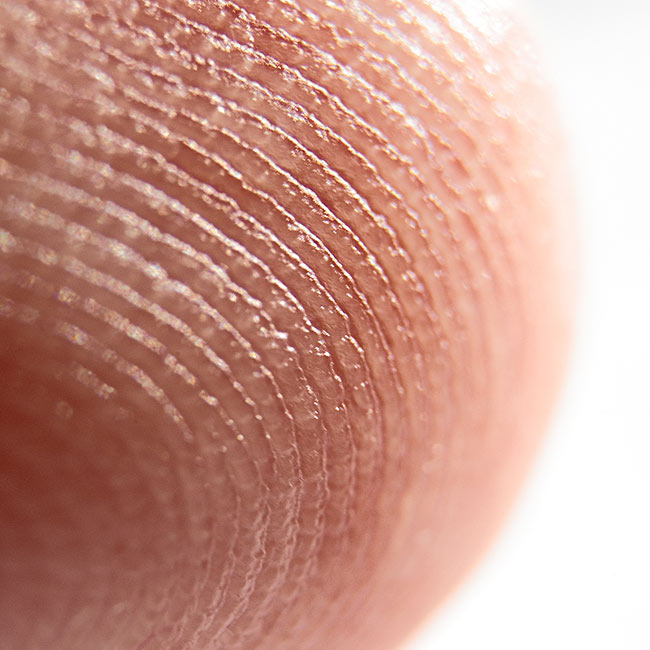Scientists Learn How to Manipulate Skin Color

A new discovery of how skin cells work to create pigment could lead to better cosmetics and more natural-looking artificial skin for medical use.
Researchers found that colorless skin cells called keratinocytes can control the darkness of skin grafts by manipulating melanocytes, or pigment-holding skin cells. Specifically, keratinocytes were found to produce chemical signals that control the distribution and amount of pigment, called melanin, found in melanocytes.
“This study should lead to bioengineered skin grafts that more closely resemble the natural tone and color of recipients, which may help reduce the appearance of scarring,” said Dr. Gerald Weissmann, an editor of the Federation of American Societies for Experimental Biology (FASEB) Journal in which the study will be detailed in September.
“Down the road, however, this study opens doors to new types of cosmetics based on our understanding of how and why ‘skin deep’ differences in appearance evolved over millions of years," Weissmann said.
To control the darkness of biologically engineered skin grafts, researchers tried various mixtures of keratinocytes from people with different types of skin colors. They found that keratinocytes from light-skinned individuals had a lightening effect on skin graft material inserted onto the back skin of mice, while those from dark-skinned individuals had a darkening effect.
The researchers think the findings are significant because colorless keratinocytes are far easier to control than the pigmented melanocytes.
- 10 Things You Didn't Know About You
- Printable Skin: 'Inkjet' Breakthrough Makes Human Tissue
- Genetically Modified Skin Cells Fight Infection
Get the world’s most fascinating discoveries delivered straight to your inbox.
 Live Science Plus
Live Science Plus






